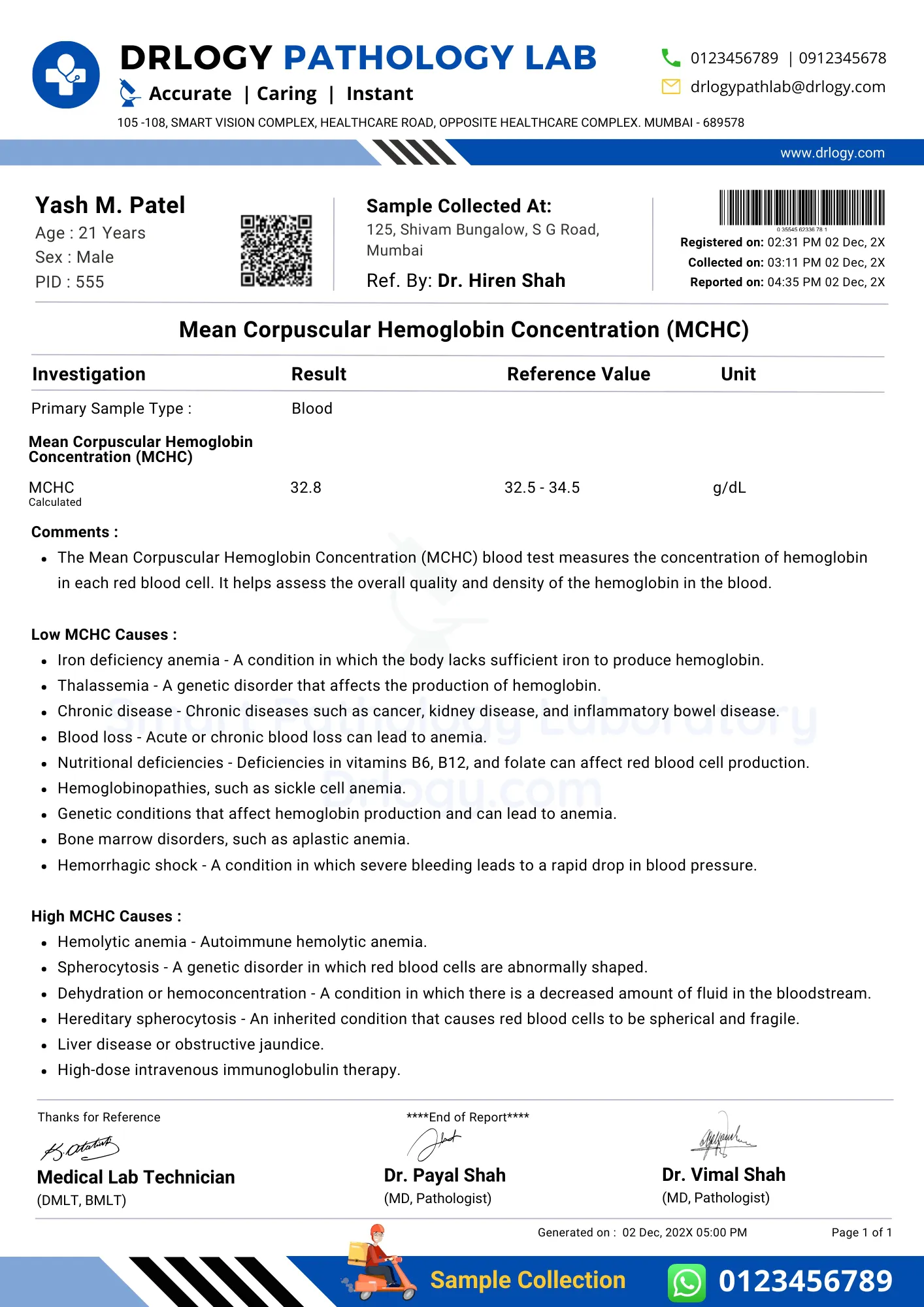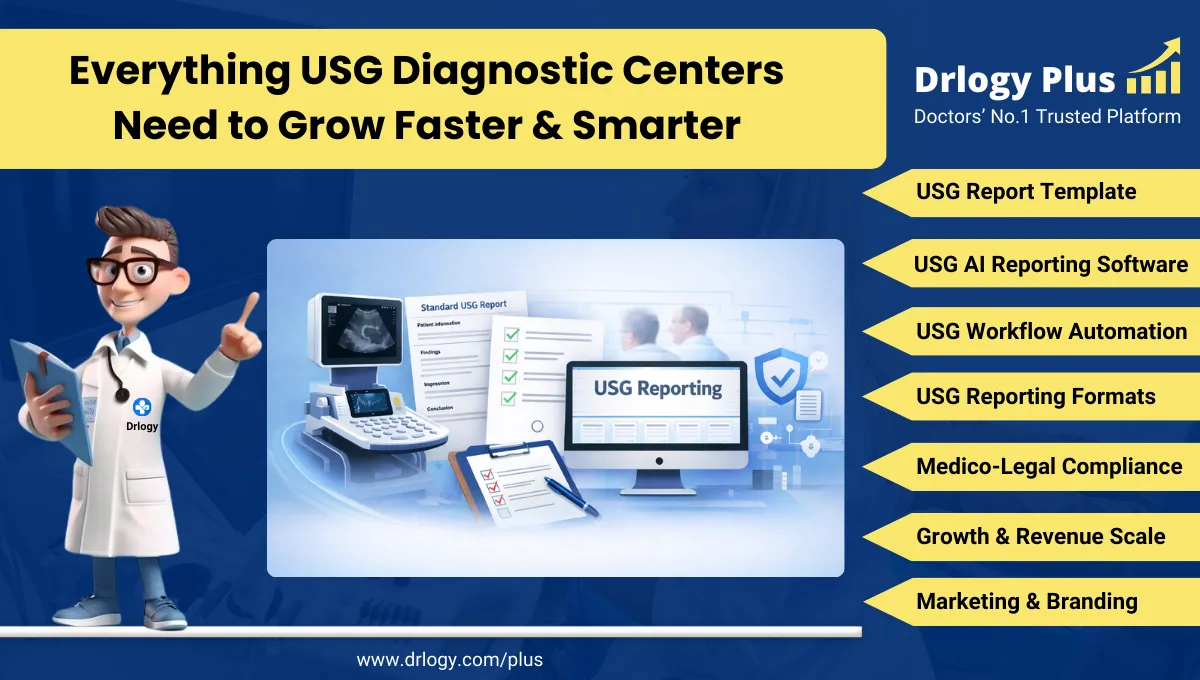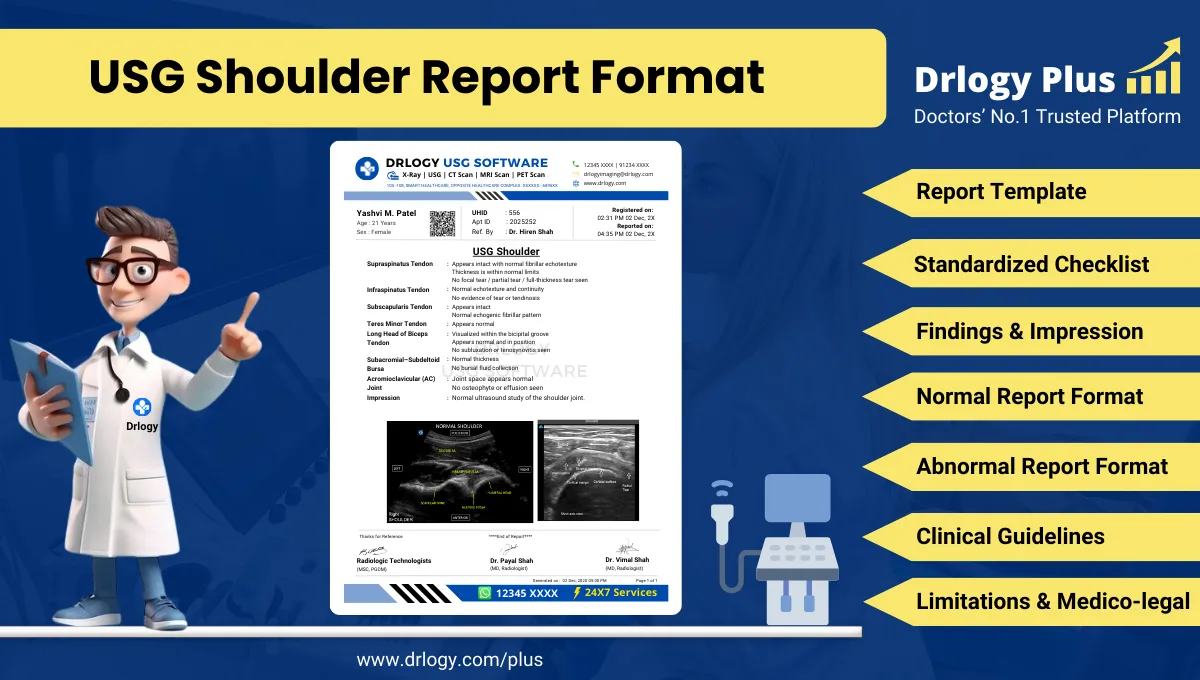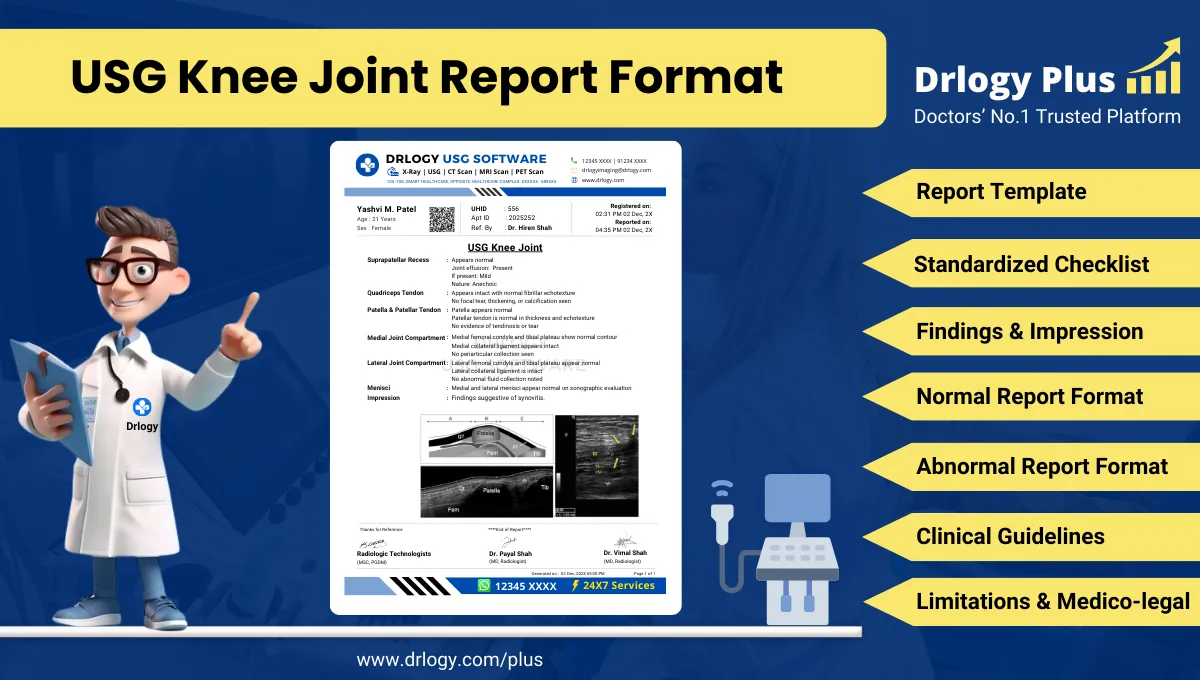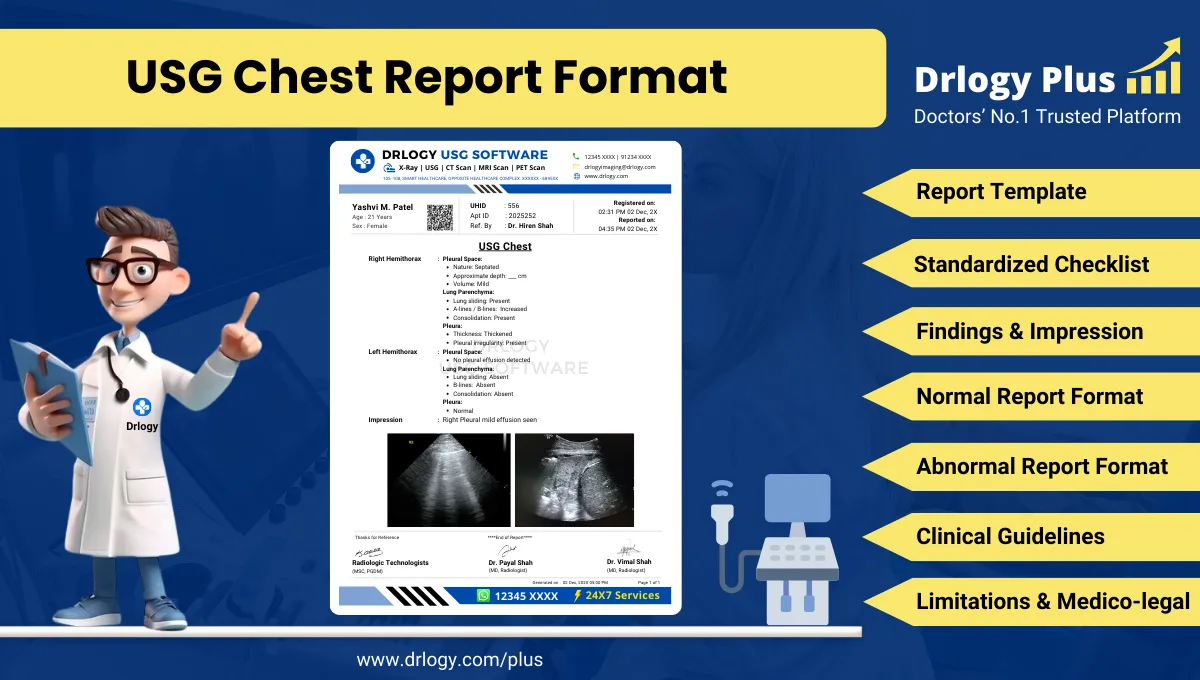

Drlogy
Healthcare organization
MCHC Blood Test Report Format: 10 Key Clinical Guidelines & Example
The MCHC (Mean Corpuscular Hemoglobin Concentration) Blood Test Report Format holds paramount significance.This test emphasizing its crucial in diagnosing anemia, evaluating overall health, and detecting potential medical conditions affecting blood cell production.
This introductory framework lays the foundation for a detailed examination of the patient's hematological profile, guiding healthcare professionals in their diagnostic and therapeutic endeavors.
10 Key MCHC Blood Test Report Format Clinical Guidelines
Below are the 10 key clinical guidelines for formatting a MCHC Blood Test report in your pathology laboratory.
1. Patient Information:
- Include patient's full name, age, and gender.
- Verify contact details for result communication.
- Cross-check demographic data for accuracy.
- Maintain confidentiality and adhere to privacy regulations.
- Highlight any pertinent patient history affecting test results.
2. Reference Doctor Information:
- Record referring doctor's name, contact, and specialization.
- Ensure reference doctor letterhead for professional credibility.
- Collaborate closely with referring physicians for comprehensive care.
- Acknowledge and respect any specific testing preferences.
- Establish a streamlined communication channel with reference doctors.
3. Specimen Information:
- Clearly label specimen with patient's name.
- Specify specimen volume and collection details.
- Adhere to standardized specimen handling procedures.
- Utilize secure and reliable specimen tracking systems.
- Document any issues or discrepancies in specimen collection.
4. Test Name Heading, Test Methodology:
- Clearly articulate the test name at the beginning of the report.
- Provide a concise overview of the chosen test methodology.
- Ensure consistency in naming conventions across reports.
- Outline any variations in methodology affecting results.
- Offer a brief explanation for non-standard methodologies.
5. Test Result:
- Present test results with precision and clarity.
- Use standardized units for all reported values.
- Highlight abnormal or critical results for immediate attention.
- Include relevant historical test data for context.
- Avoid ambiguity in result interpretation.
6. Normal Value Reference:
- Clearly state the normal reference range for MCHC.
- Provide comparative analysis against normal values.
- Offer brief explanations for variations from the norm.
- Include age and gender considerations in reference ranges.
- Regularly update reference values based on current research.
7. Quality Control Information:
- Document details of quality control measures employed.
- Ensure adherence to regulatory standards and certifications.
- Highlight any deviations from established quality benchmarks.
- Regularly review and update quality control protocols.
- Demonstrate a commitment to accuracy and precision in testing.
8. Interpretation & Instrumentation:
- Offer expert interpretation of test results.
- Detail the instrumentation used in the analysis.
- Address potential sources of variability in results.
- Provide additional context for result interpretation.
- Highlight any limitations or constraints in the analysis.
9. QR Code Authenticity and Barcode:
- Integrate QR codes for result verification and authenticity.
- Employ barcodes for efficient tracking and management.
- Ensure secure encryption of patient information in QR codes.
- Establish a secure system for barcode generation and scanning.
- Regularly update and validate QR code and barcode systems.
10. Diagnostic Laboratory Details:
- Clearly state the name and contact details of the diagnostic laboratory.
- Provide accreditation and certification details for transparency.
- Highlight any specialized services or expertise offered.
- Foster a patient-centric approach to diagnostic services.
- Encourage feedback for continuous improvement.
MCHC Blood Test Report Format Sample
MCHC Blood Test Report Format
Here is a MCHC Blood test report PDF format, highlighting its significance in the pathology laboratory.
Drlogy Pathology lab software plays a pivotal in ensuring a MCHC Blood Test Report Format. Additionally, Pathology lab software automates many aspects of the testing process, from sample handling to data analysis. Drlogy Pathology Software provides healthcare providers with real-time access to MCHC Blood test results, enabling timely decision-making and faster patient care.
Referred
Conclusion
- MCHC Blood Test Report Format is paramount for diagnostic precision and patient care. Ensuring accurate patient information, collaborating effectively with reference doctors, and maintaining stringent quality control measures contribute to the reliability of results.
- The transparent presentation of results, coupled with interpretation and adherence to standardized methodologies, empowers healthcare professionals in making informed decisions.
- This meticulous approach plays a pivotal in early detection, monitoring, and effective management of conditions, underscoring the profound importance of the MCHC blood test in comprehensive healthcare.
